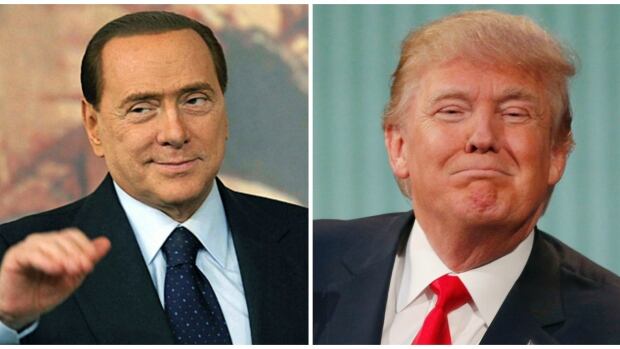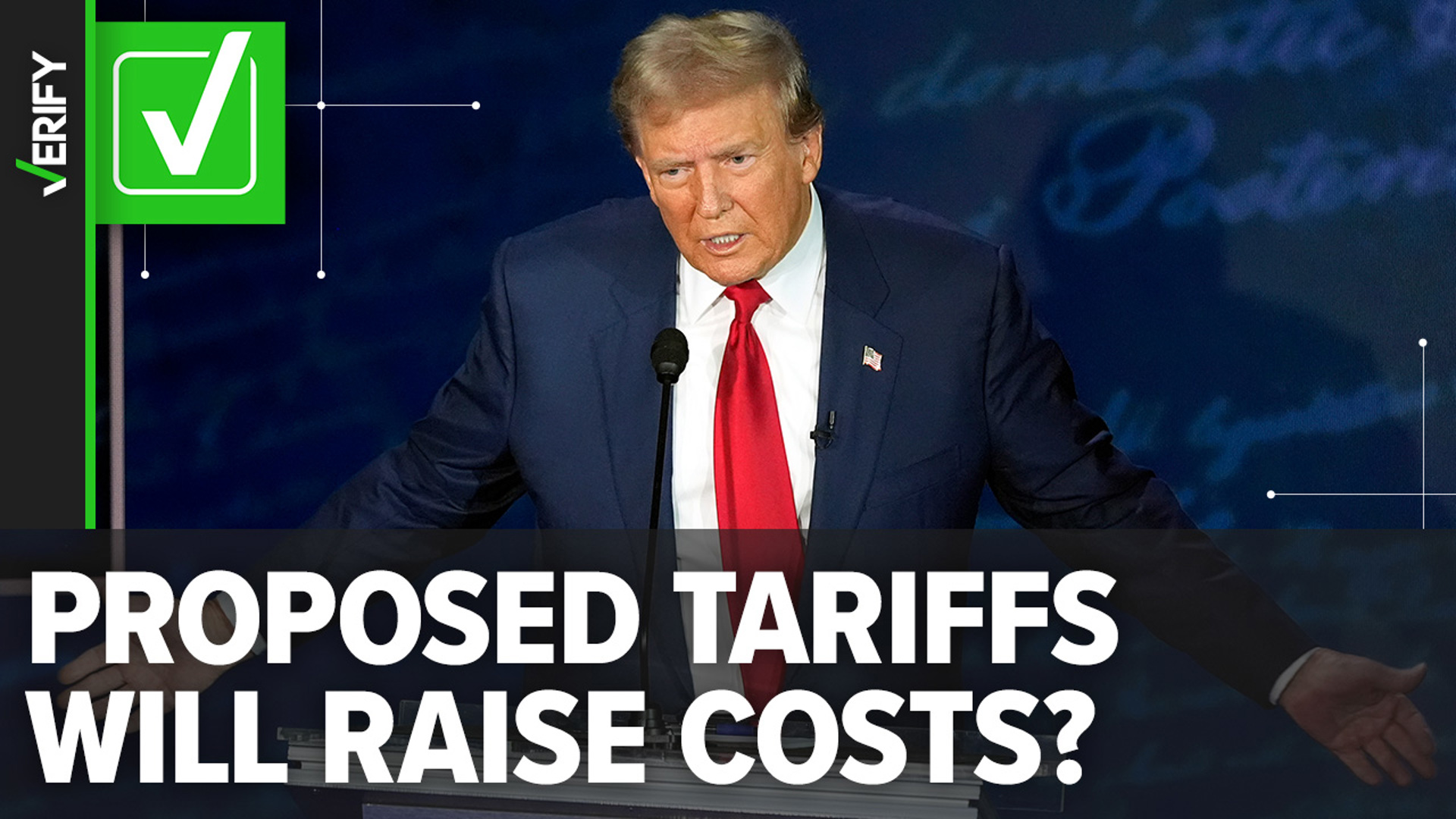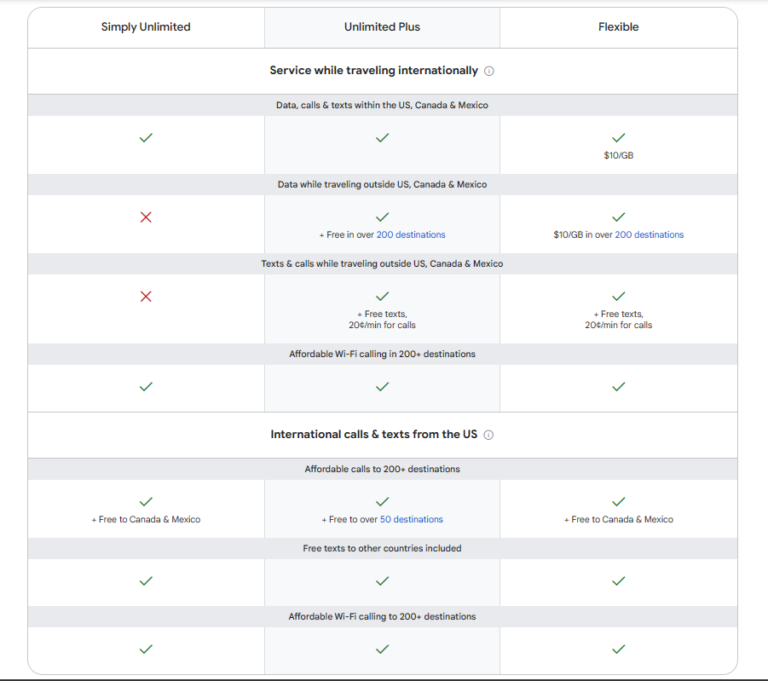Meta's Future Under A Trump Administration: Zuckerberg's Challenges

Table of Contents
Regulatory Scrutiny and Antitrust Actions
A Trump administration is likely to increase regulatory scrutiny of Meta, intensifying the existing pressure from antitrust authorities. Trump's past rhetoric regarding big tech companies suggests a more aggressive approach to regulation, potentially leading to significant changes in the tech landscape.
-
Increased antitrust investigations and potential breakups of Meta: The possibility of further investigations into Meta's monopolistic practices and potential breakups of its various divisions, such as Instagram and WhatsApp, poses a significant threat. This could involve protracted legal battles and substantial financial implications. Understanding the intricacies of antitrust laws will be crucial for Meta's legal team.
-
Stricter data privacy regulations impacting Meta's advertising revenue: A Trump administration might favor stricter data privacy regulations, potentially limiting Meta's ability to collect and utilize user data for targeted advertising. This could significantly impact Meta's core advertising revenue stream. The implications of data privacy regulations and their effects on digital advertising are paramount.
-
Potential changes to Section 230, impacting content moderation policies: Section 230 of the Communications Decency Act provides legal protection to online platforms for content posted by users. Changes to Section 230 could significantly alter Meta's content moderation policies and expose the company to increased liability. Section 230 reform is a key area of uncertainty.
-
Increased pressure to comply with conservative viewpoints on content moderation: A Trump administration might pressure Meta to adopt a less aggressive approach to content moderation, particularly concerning conservative viewpoints. This could lead to increased spread of misinformation and hate speech, potentially damaging Meta's reputation and user base. The delicate balance between free speech and content moderation will be tested.
The potential legal battles and financial repercussions for Meta under increased regulatory scrutiny are considerable, demanding proactive strategies and robust legal defenses.
Political Polarization and Content Moderation
Navigating the increasingly polarized political landscape presents a significant challenge for Meta, particularly under a Trump administration that may favor less regulation. Maintaining a neutral platform while combating misinformation and hate speech is a tightrope walk.
-
Balancing freedom of speech with the prevention of misinformation and hate speech: This fundamental dilemma requires Meta to develop sophisticated content moderation strategies that respect freedom of expression while actively combating the spread of harmful content.
-
Managing the spread of political propaganda and disinformation campaigns: Identifying and mitigating the influence of foreign actors and domestic groups spreading disinformation is crucial. This requires investment in advanced AI-powered detection systems and robust fact-checking initiatives.
-
Dealing with potential pressure from the administration to favor certain viewpoints: Meta needs to be prepared to resist political pressure to censor or promote specific viewpoints, upholding its commitment to platform neutrality.
-
The impact on user trust and engagement: The way Meta handles content moderation significantly impacts user trust and engagement. A perceived bias or failure to adequately address harmful content can lead to user exodus and decreased engagement.
The ethical and operational complexities surrounding content moderation and the ongoing fight against misinformation and hate speech will continue to define Meta's challenges.
Impact on Advertising Revenue and the Metaverse
A Trump administration's policies could significantly affect Meta's advertising revenue and its ambitious investments in the metaverse.
-
Potential changes in advertising regulations and targeting capabilities: New regulations could restrict Meta's ability to target advertisements effectively, impacting its revenue generation capabilities.
-
Impact on user data collection and privacy regulations affecting advertising revenue: Changes to data privacy regulations could limit Meta's access to user data, making targeted advertising more difficult and potentially reducing revenue.
-
Government spending on technology and its potential impact on the metaverse development: Government investment in specific technologies could influence the direction of metaverse development, impacting Meta's competitive advantage.
-
The shift in political advertising strategies and Meta's role in election campaigns: Changes in political advertising regulations and spending could impact Meta's role in election campaigns and its advertising revenue streams.
The long-term health of Meta's financial performance and the success of its metaverse strategy are intrinsically linked to the regulatory and political environment created by a potential Trump administration. The future of virtual reality and augmented reality applications within the metaverse hangs in the balance.
International Relations and Global Expansion
A Trump administration's "America First" approach to foreign policy could create significant hurdles for Meta's international operations.
-
Potential trade wars and tariffs impacting Meta's global operations: Escalating trade tensions could lead to tariffs and trade restrictions, increasing the cost of Meta's global operations and impacting its profitability.
-
Changes in international data transfer regulations and compliance requirements: Variations in data localization laws across different countries pose ongoing compliance challenges for Meta.
-
Impact on Meta's operations in countries with strained relations with the US: Strained international relations could impact Meta's operations in countries with less-than-amicable ties with the US.
-
Geopolitical risks and uncertainties impacting Meta's global growth strategy: Geopolitical instability and uncertainty create considerable risk for Meta's global expansion plans.
Navigating the complexities of international relations and maintaining a global presence under potentially protectionist policies will require significant strategic adjustments from Meta.
Conclusion
Meta's Future Under a Trump Administration is fraught with uncertainty. The potential for increased regulatory scrutiny, intensified political polarization, and disruptions to advertising revenue and global expansion presents significant challenges for Mark Zuckerberg and his team. The issues surrounding antitrust laws, data privacy, Section 230 reform, content moderation, the metaverse, and international relations all converge to create a complex and unpredictable landscape. The future of Meta under a Trump administration is uncertain, but understanding the potential challenges is crucial for navigating the complexities ahead. Share your thoughts on what the future holds for Meta in the comments below!

Featured Posts
-
 Secret Service Closes Investigation Into White House Cocaine Discovery
Apr 24, 2025
Secret Service Closes Investigation Into White House Cocaine Discovery
Apr 24, 2025 -
 Teslas Q1 Profit Decline Impact Of Musks Controversial Role
Apr 24, 2025
Teslas Q1 Profit Decline Impact Of Musks Controversial Role
Apr 24, 2025 -
 Conservative Party Promises Tax Cuts And Smaller Deficits In Canada
Apr 24, 2025
Conservative Party Promises Tax Cuts And Smaller Deficits In Canada
Apr 24, 2025 -
 Chinas Shift To Middle Eastern Lpg A Response To Us Tariff Hikes
Apr 24, 2025
Chinas Shift To Middle Eastern Lpg A Response To Us Tariff Hikes
Apr 24, 2025 -
 Google Fi Launches Affordable 35 Unlimited Data Plan
Apr 24, 2025
Google Fi Launches Affordable 35 Unlimited Data Plan
Apr 24, 2025
